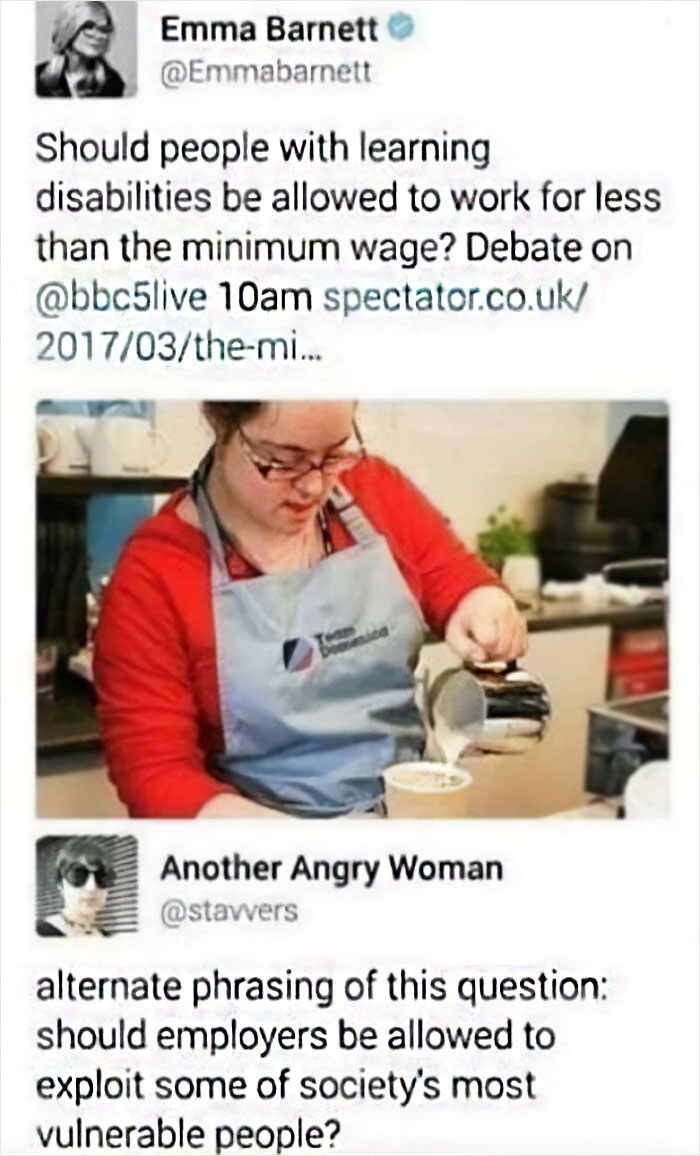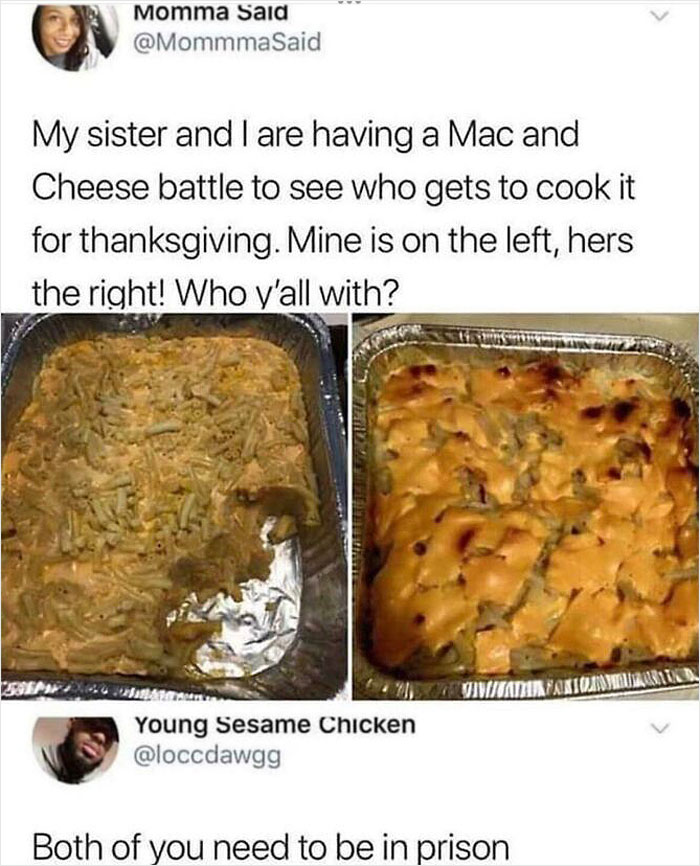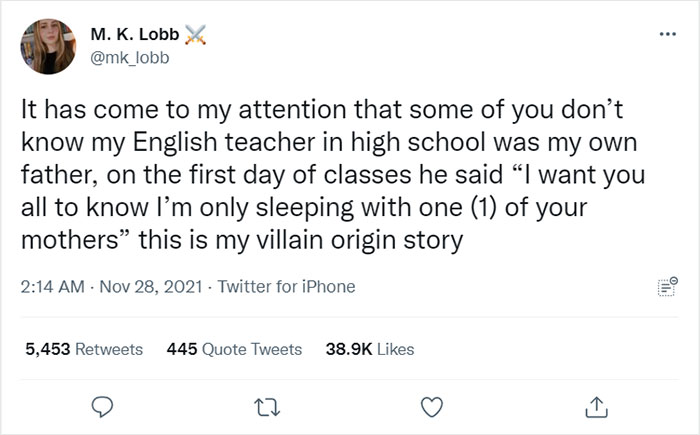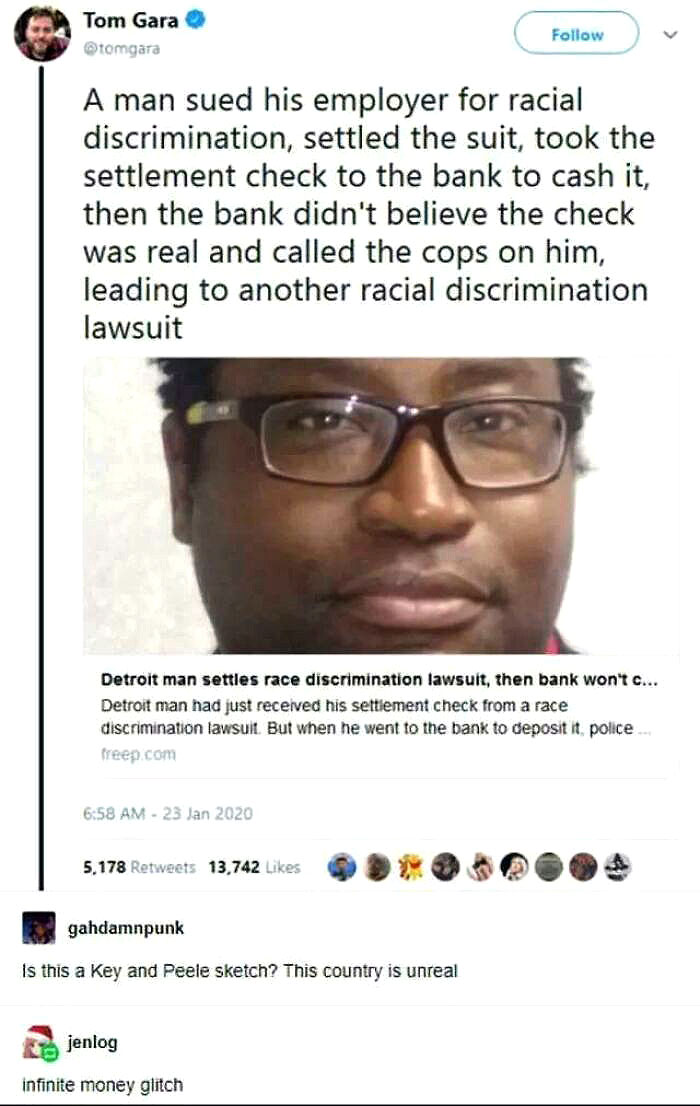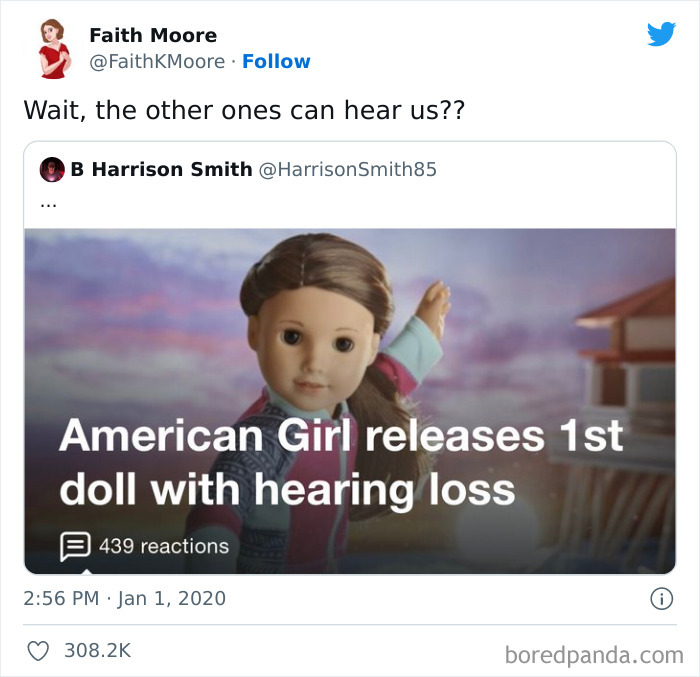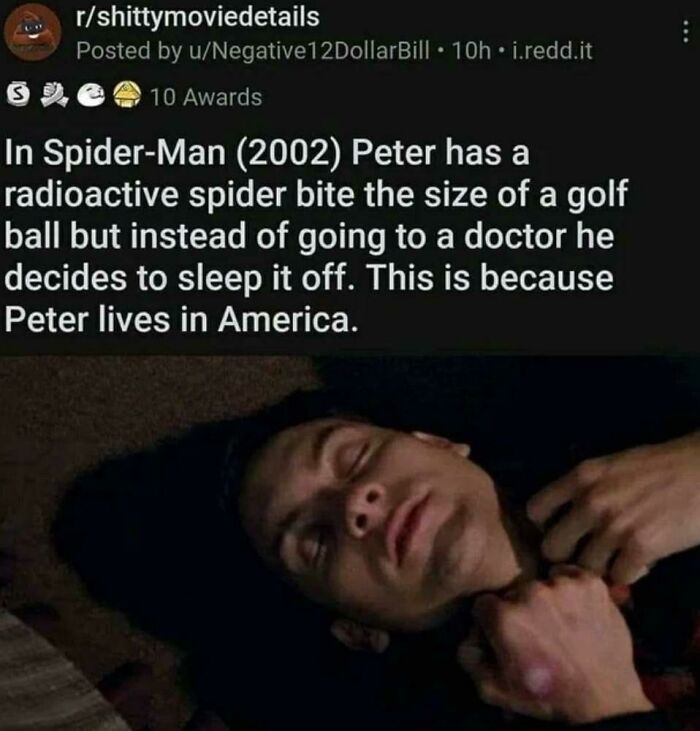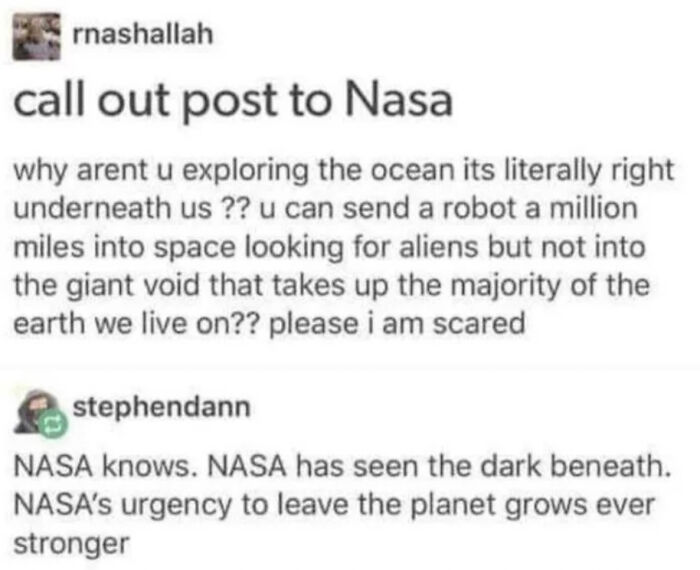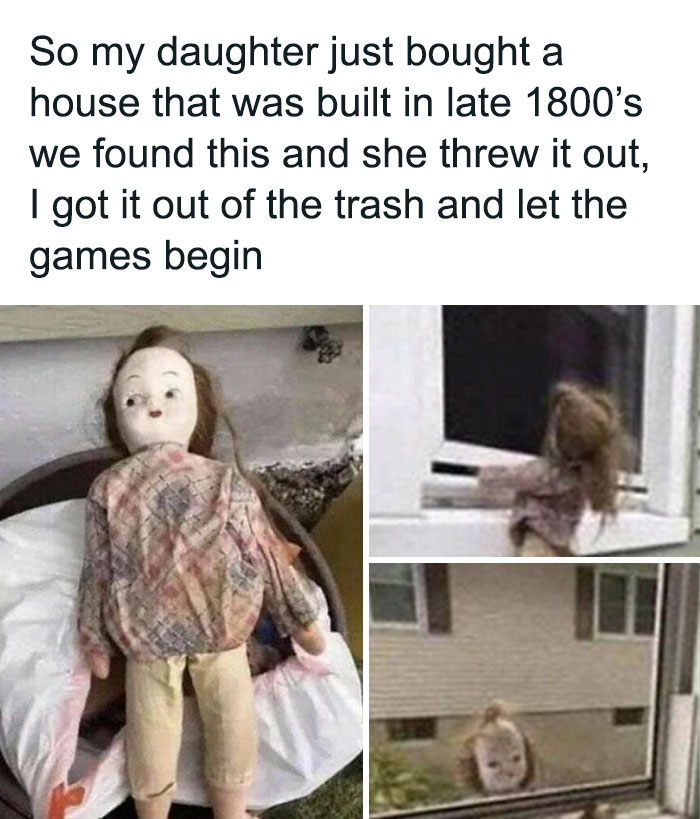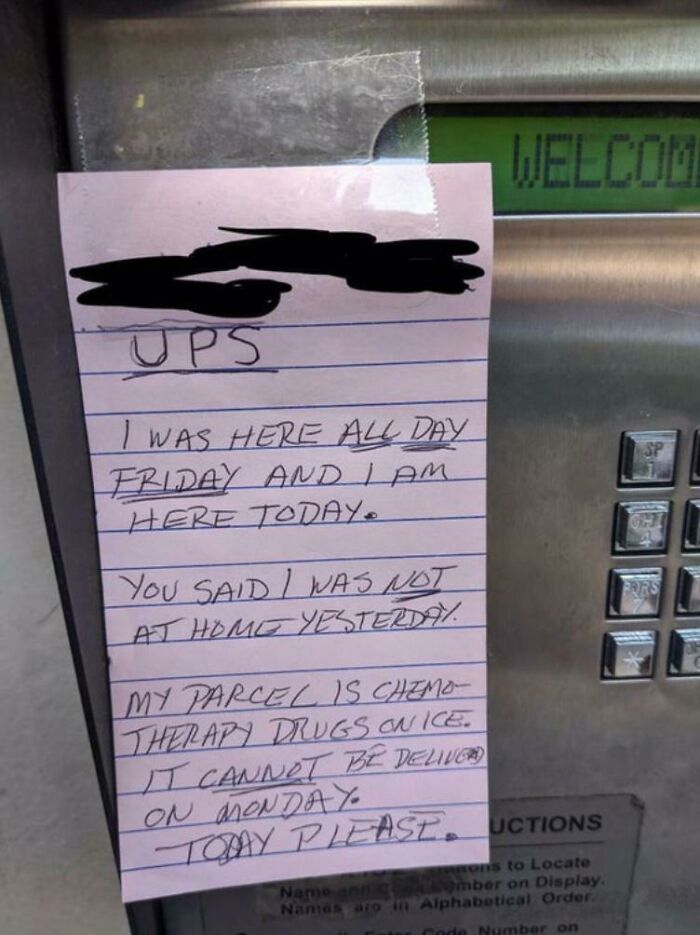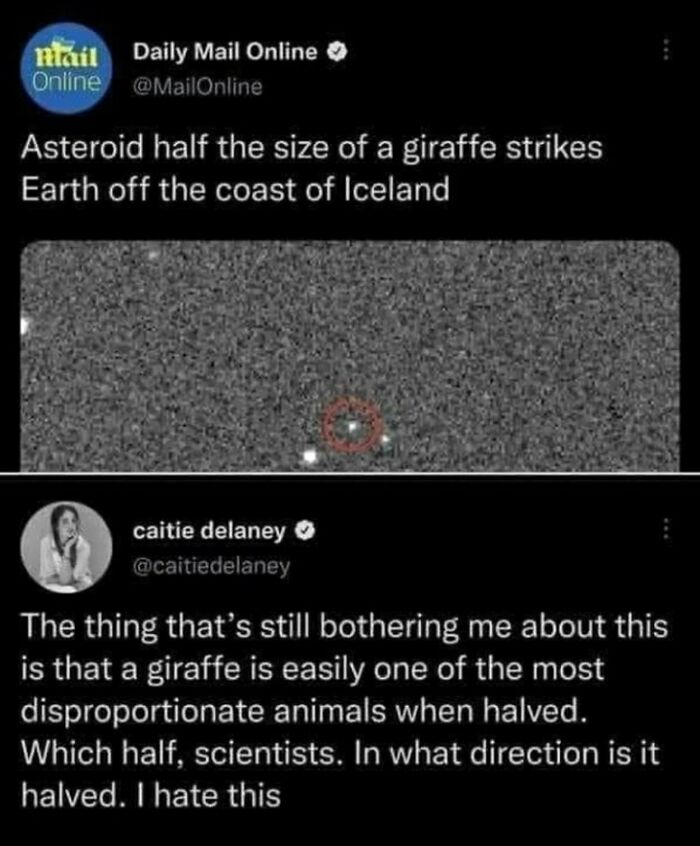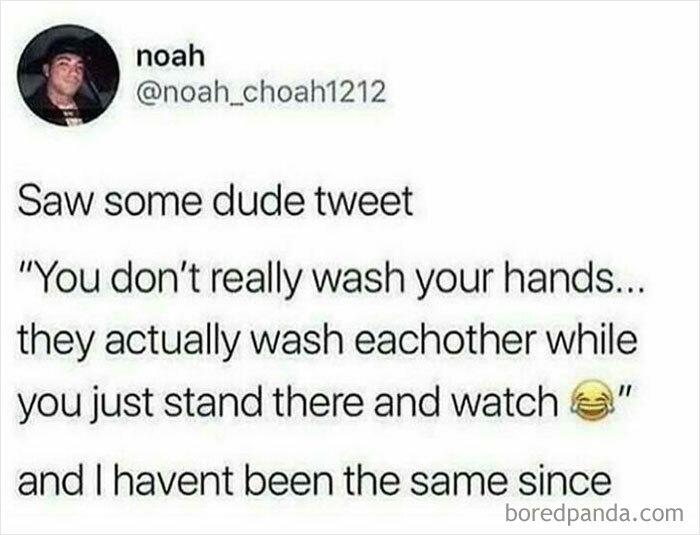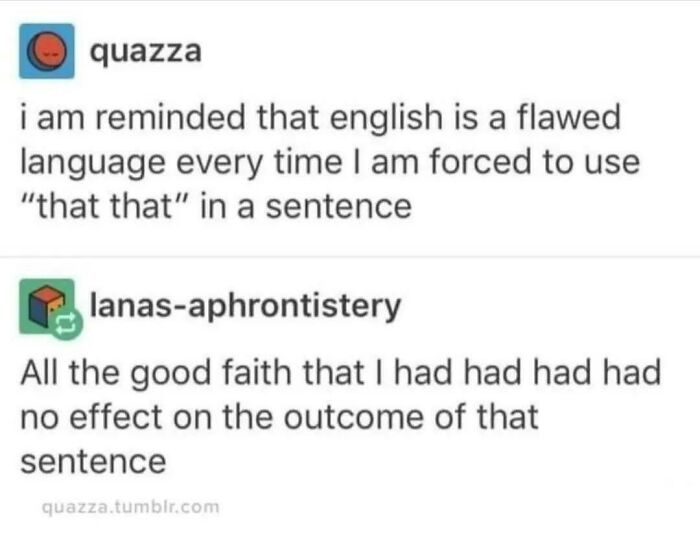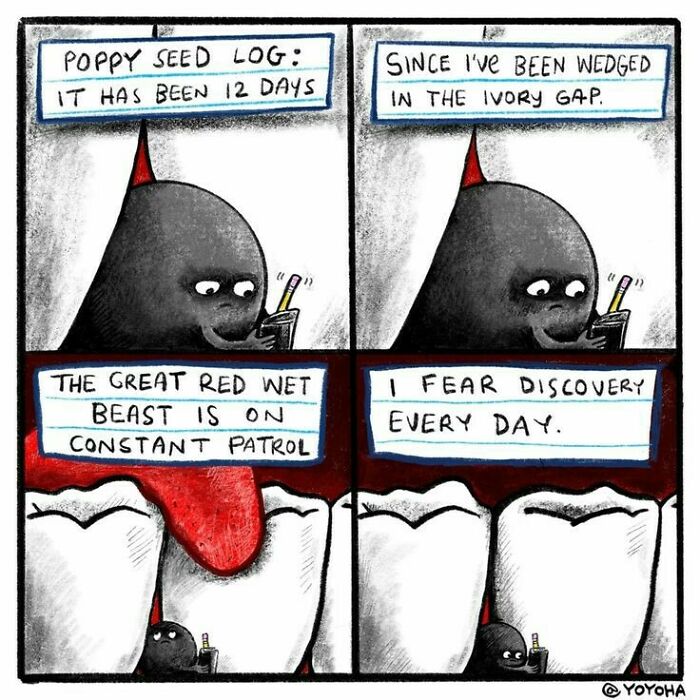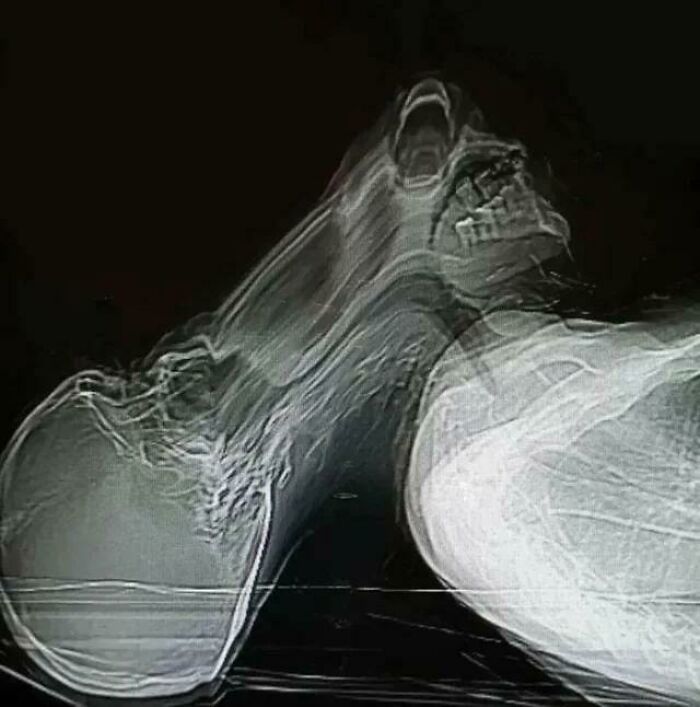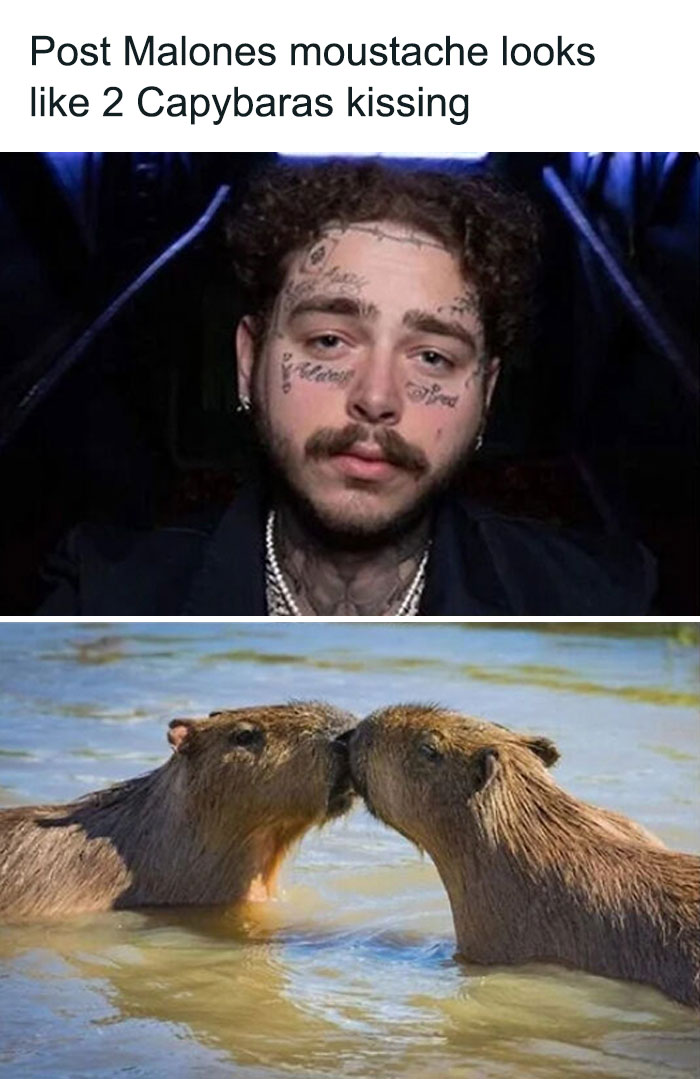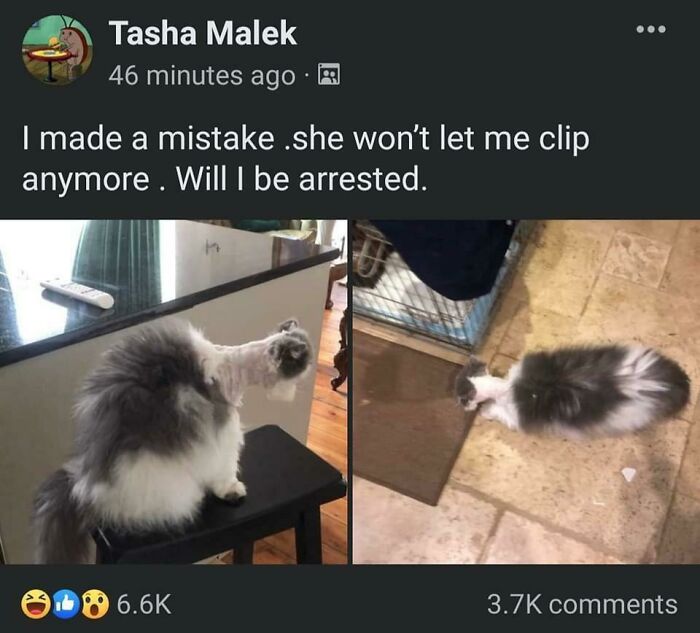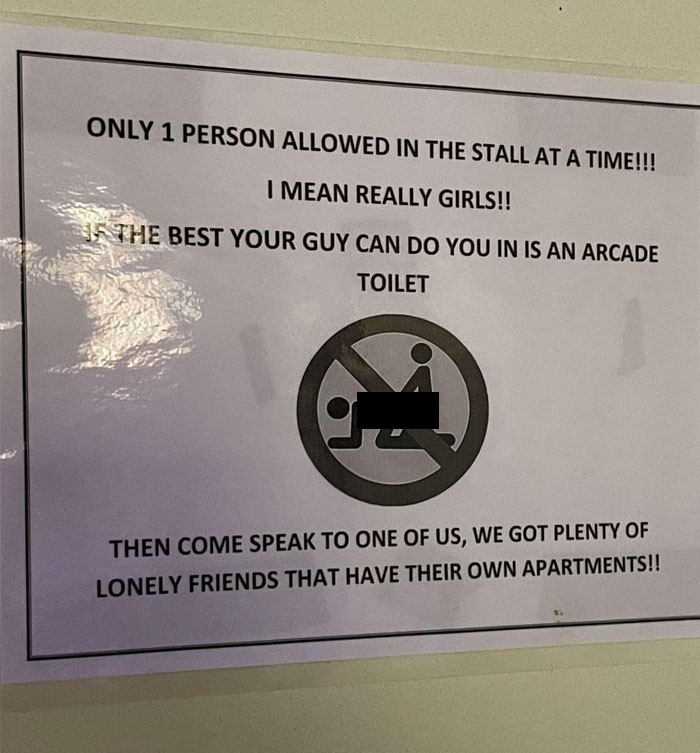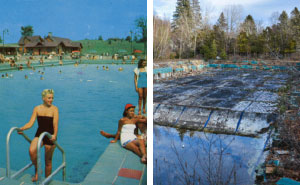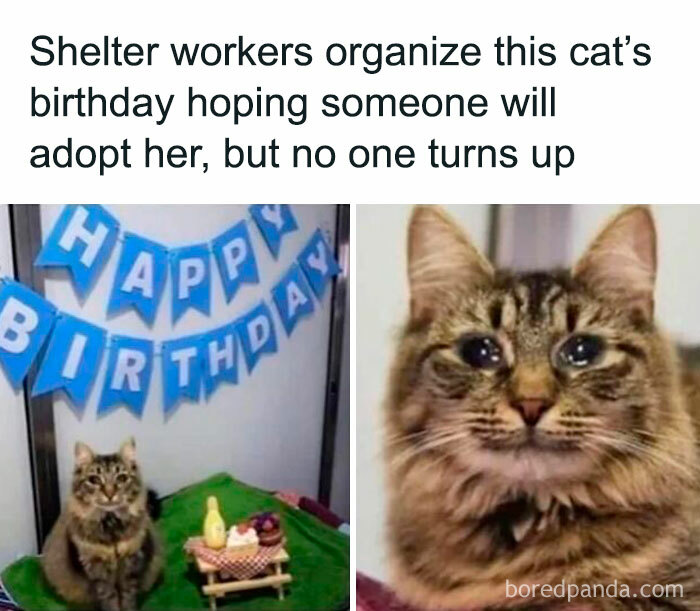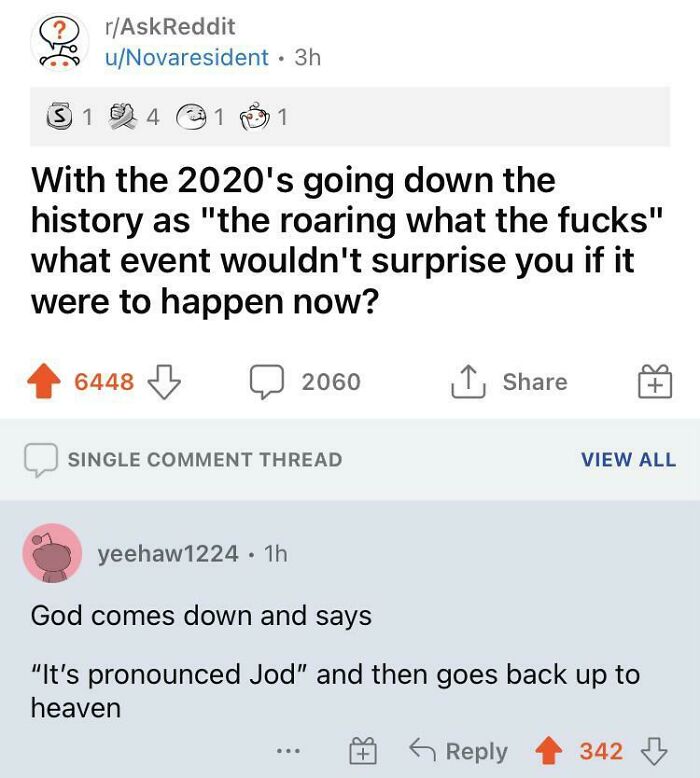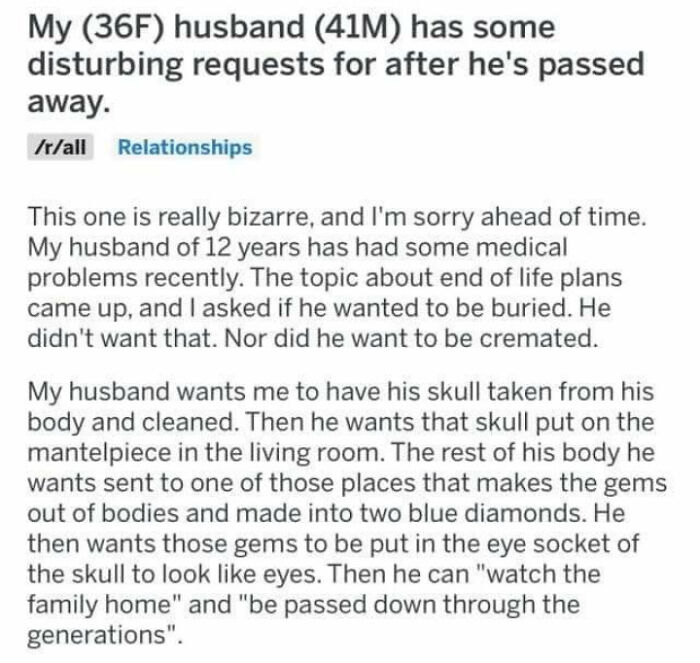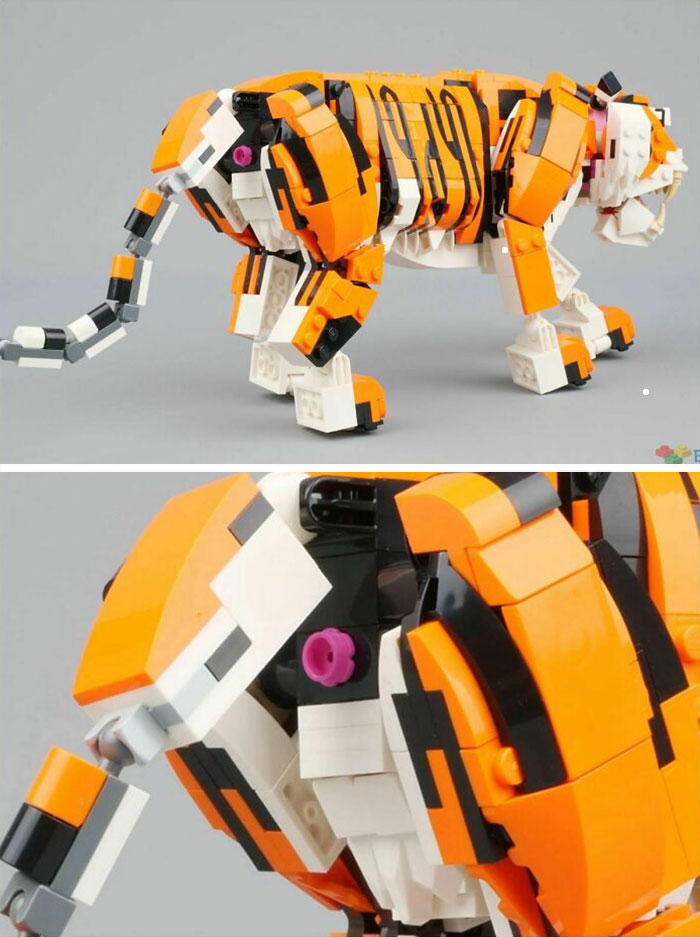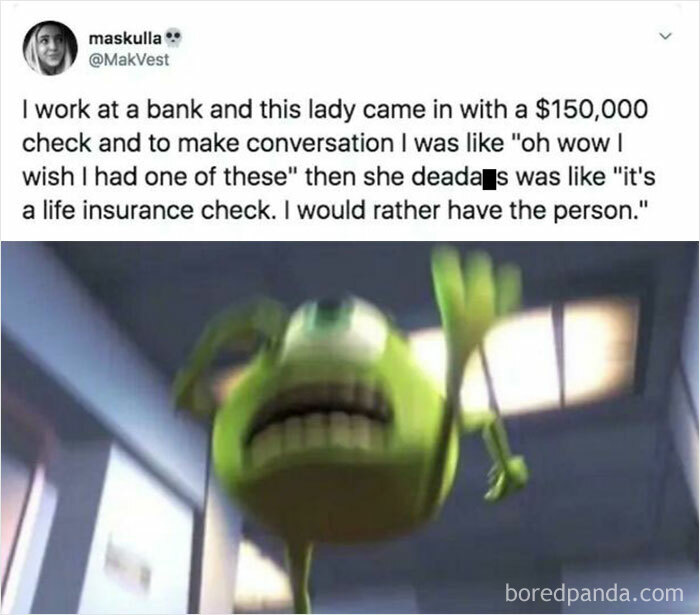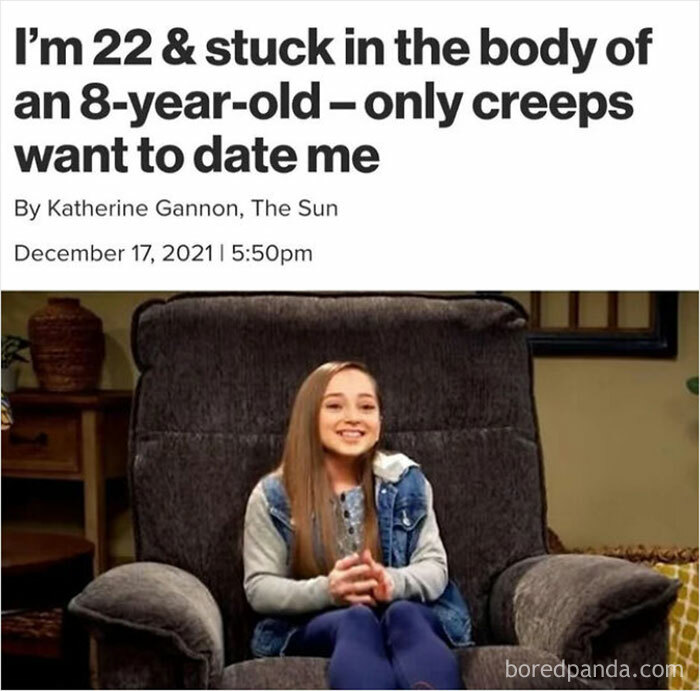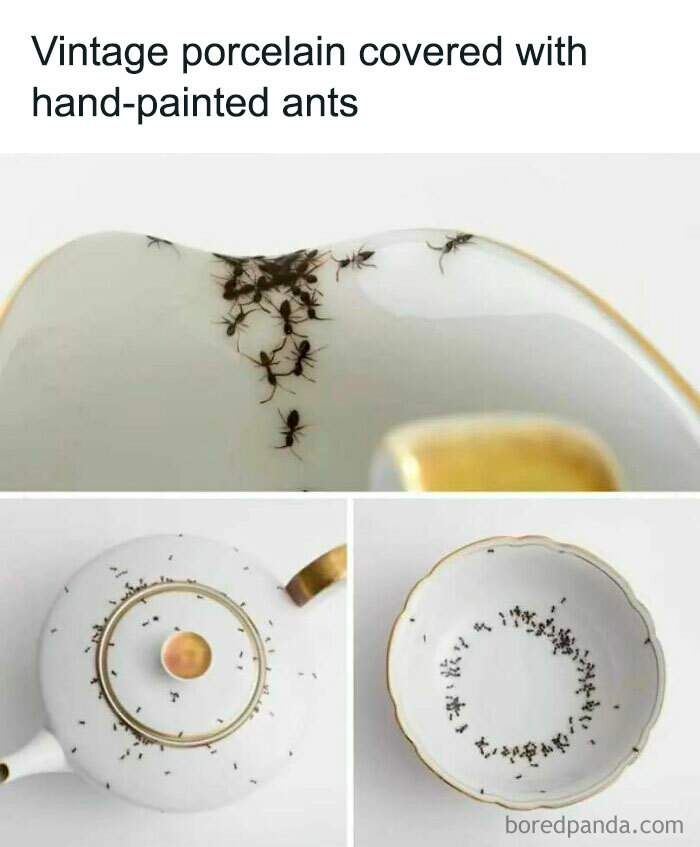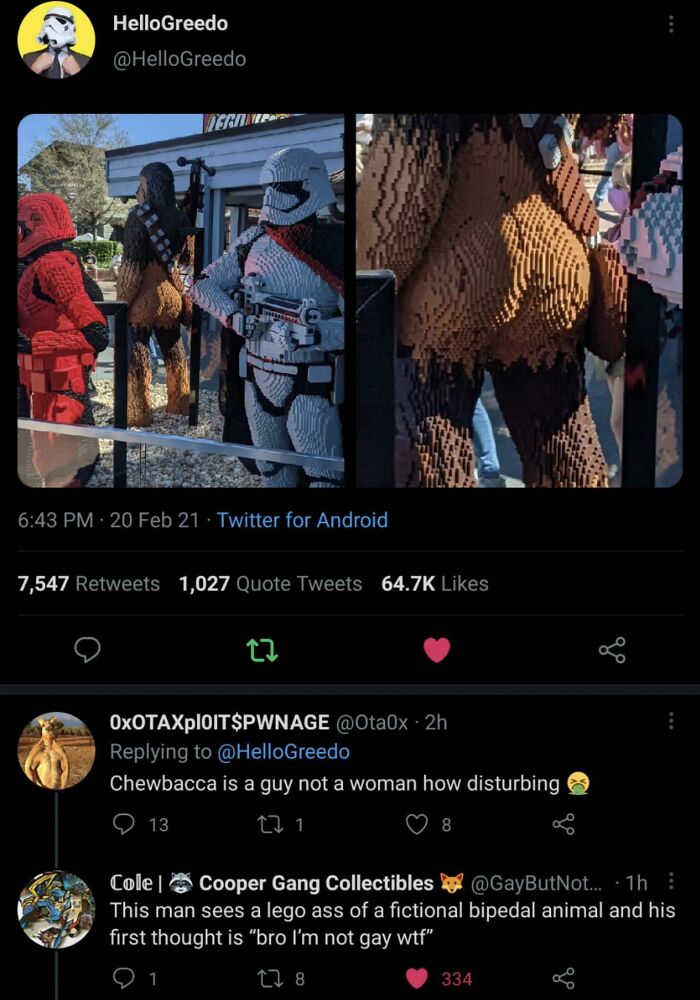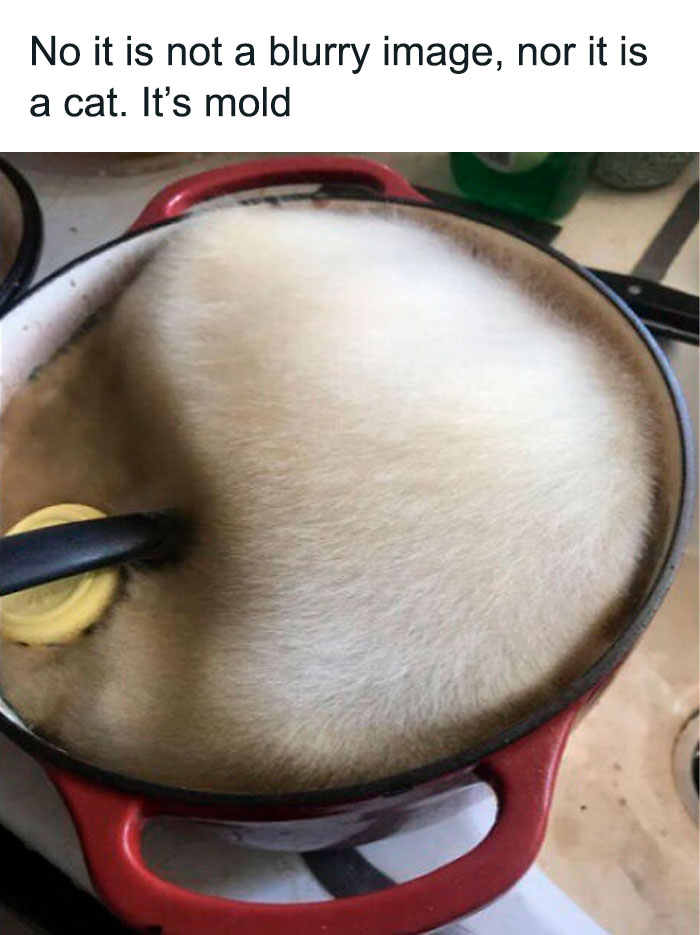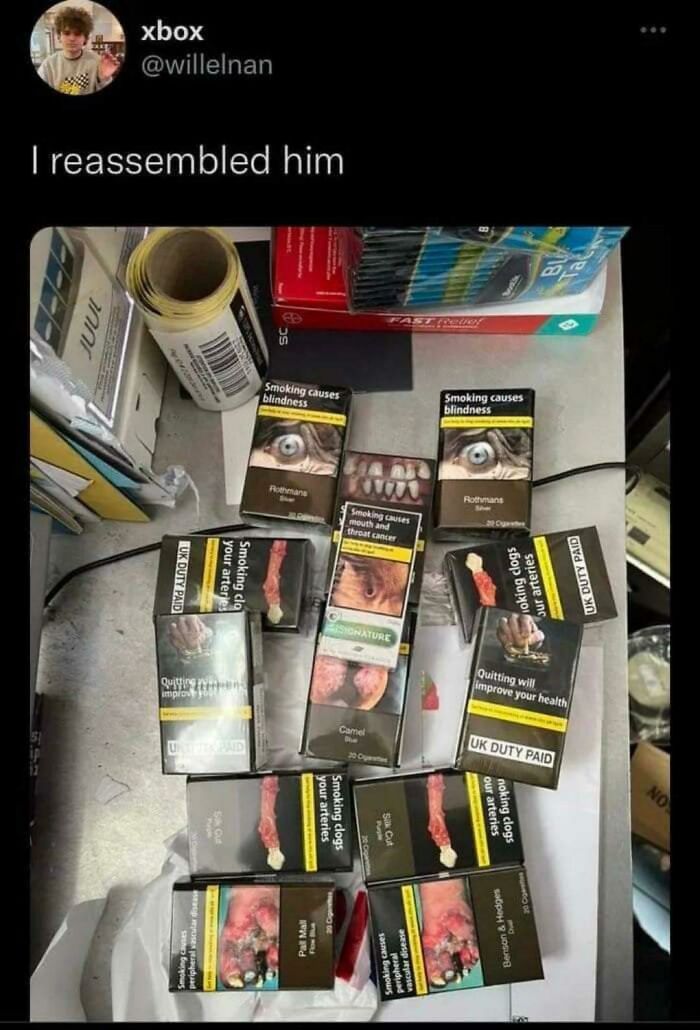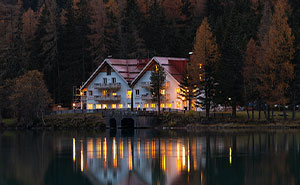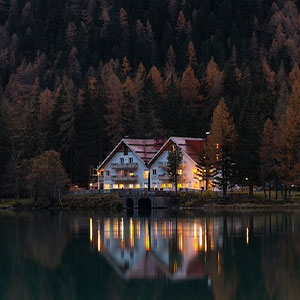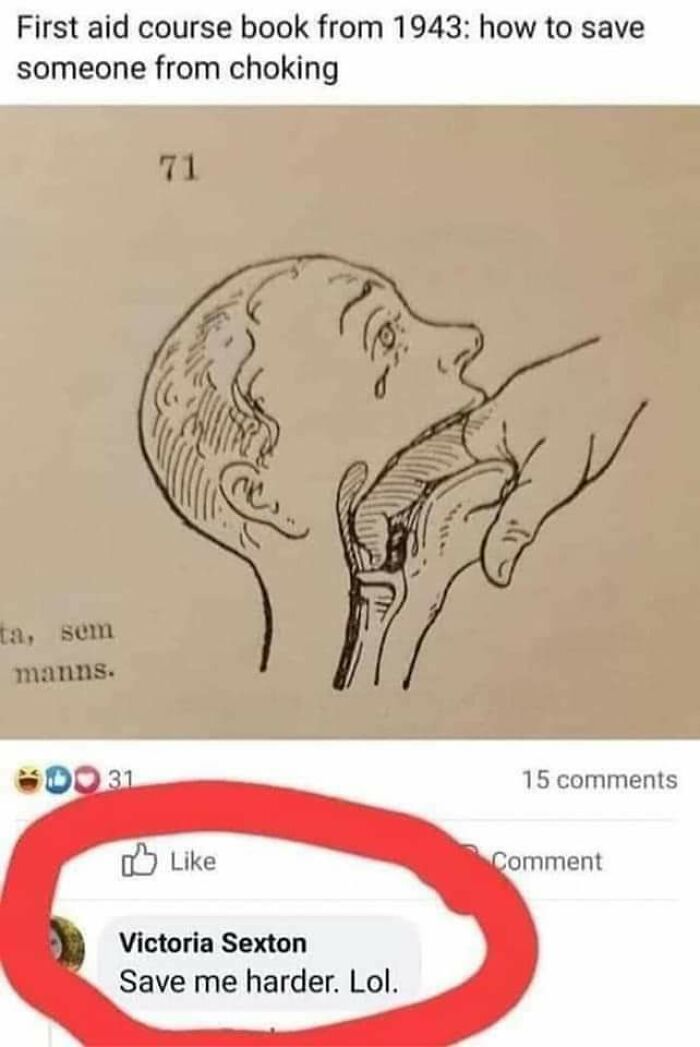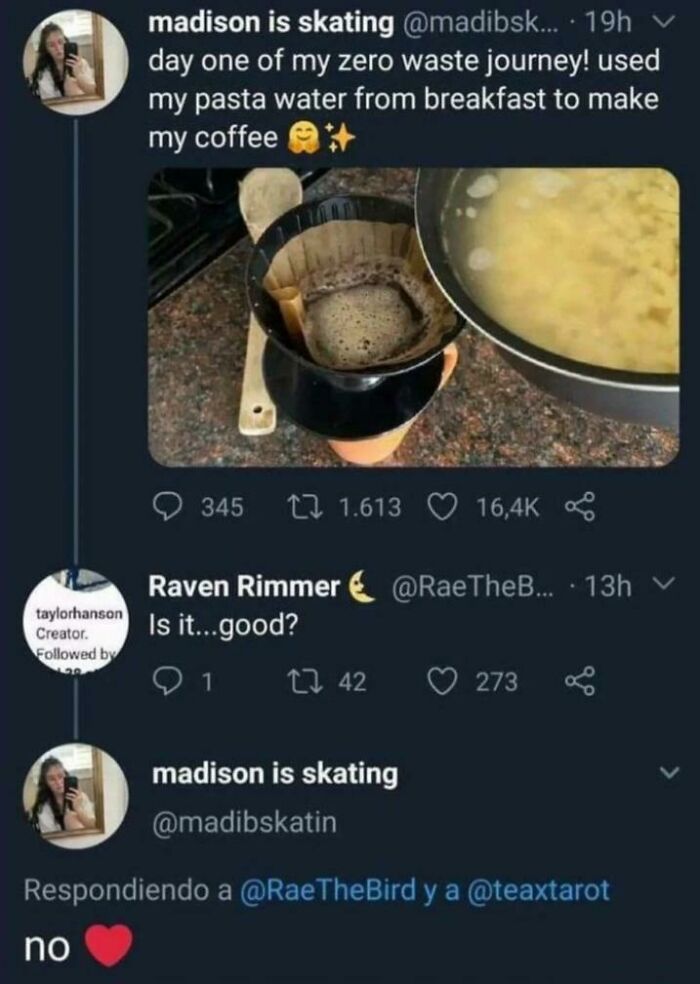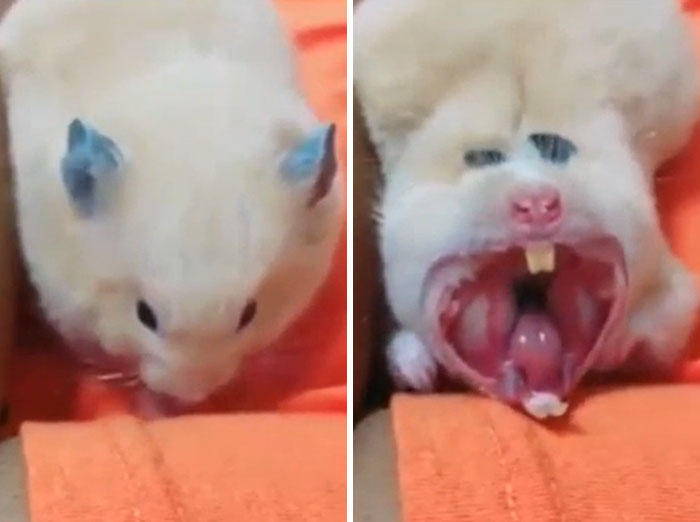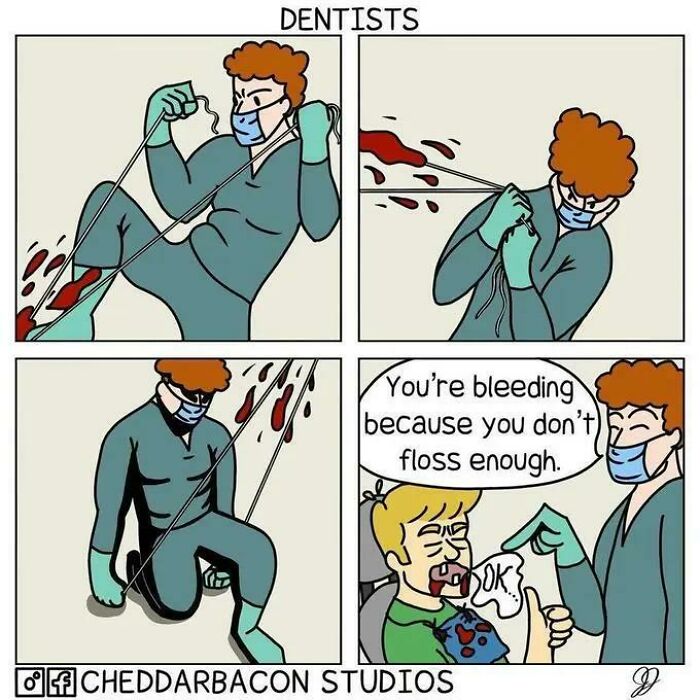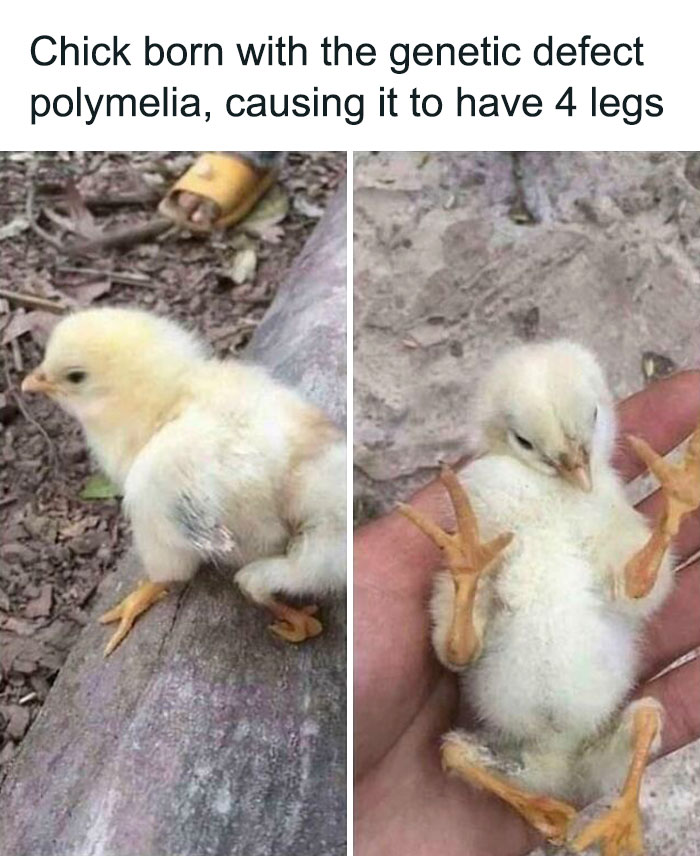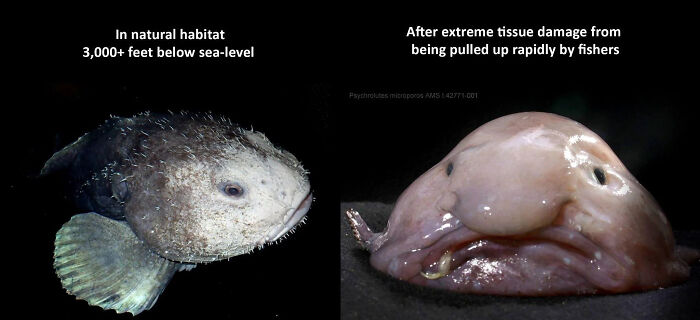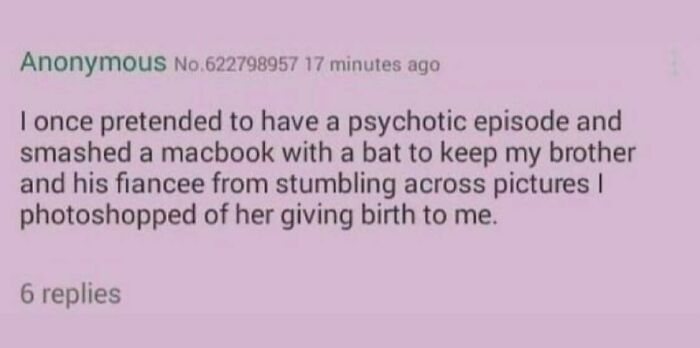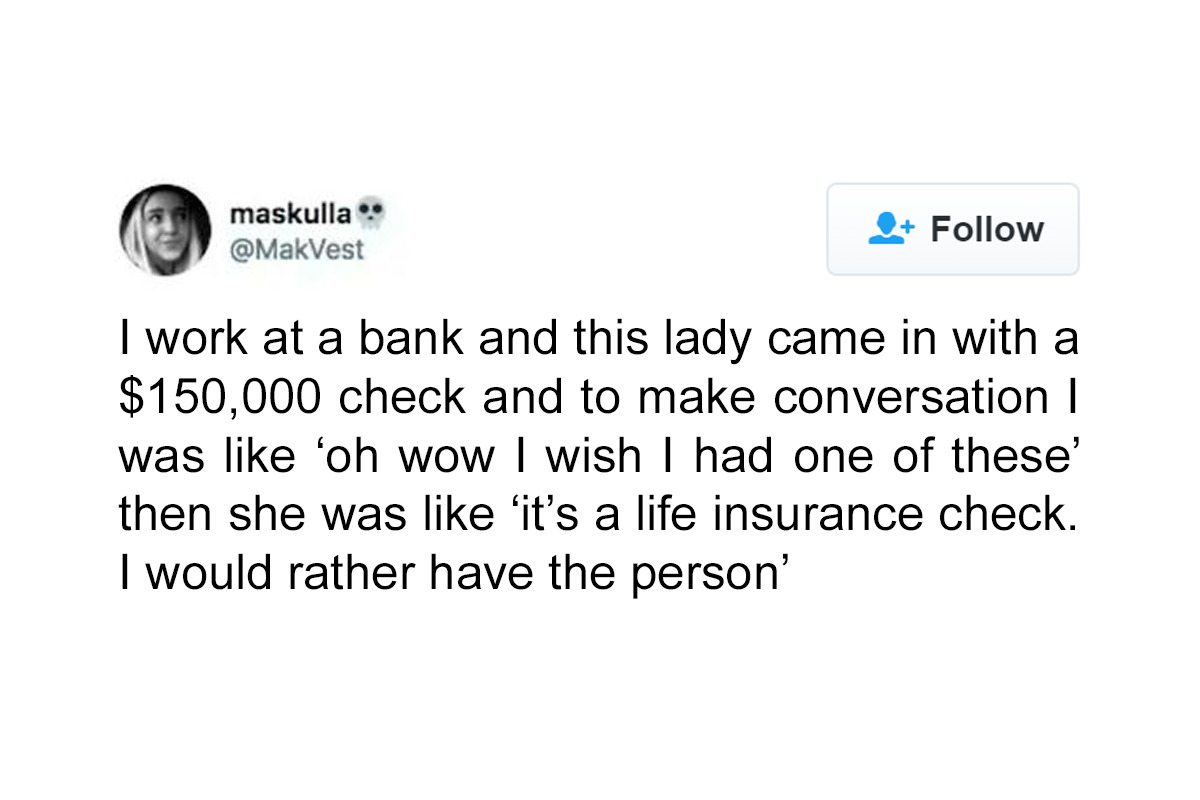
“Thanks, I Hate It”: 40 Unsettling Things That Nobody Wanted To See, As Shared By This Online Group (New Pics)
With the digital world at our fingertips, we’re bombarded with bizarre visual input twenty-four hours a day. Every time we go online, a slew of different things instantly grace our feeds, from interesting but pretty disturbing pictures to images with way too much stuff going on. But have you ever stumbled upon something so uncomfortable that you didn’t even have the words to describe it?
If you have, the phrase "Thanks, I Hate It" may be just what you’re looking for. If not, well, you’re in for one doozy of a ride. Let us introduce you to one weird and edgy subreddit with the same name, better known as r/TIHI, that is the perfect outlet for sharing horrors nobody ever wanted to see. "Haters Gonna Hate," the moderators write in the community description, and it looks like they have a point.
With over 1.6 million community members, this online group is dedicated to pictures that are unsettling and hatred-inducing, yet entertaining nonetheless. We’ve scoured the group to gather some outright disturbing posts to share with you all, so continue scrolling and upvote the ones you loved to resent most. Keep reading to also find our in-depth interview with communication expert, researcher and lecturer Dr. Paul Reilly about our fascination with uneasy things online.
Psst! If you think you can handle even more madness, check out Parts 1 and 2 with posts from r/TIHI right here and here.
More info: Reddit
This post may include affiliate links.
Thanks, I Hate This Proposition
Thanks, I Hate Eels
Thanks I Hate This Mac N Cheese
The second one looks like straight up sliced cheese on top of cut up straws... 🤮
While the internet is a bottomless pit of weirdness, it’s also an endless source of information. But instead of spending time soaking in interesting knowledge, thousands of people seem to find entertainment in watching the bizarre. The internet culture database Know Your Meme explained that "Thanks, I Hate It" is a slang phrase people use to describe posts they deem unattractive or superfluous. The origin of the phrase is unclear, but its usage saw a spike in the fall of 2017 on Reddit and Tumblr.
Then, in 2019, the r/TIHI subreddit was launched to serve as an archive for unsettling posts and provide space for unreasonably uncomfortable viewing experiences, keeping the meme alive. As the founder of the online group, Markus, told Mashable, "The initial idea came from another moderator of ours (u/scrumbly) on another post on r/ATBGE ['Awful Taste But Great Execution'] three months ago. He posted a comment linking to this sub and as it didn't exist yet, I decided to make it a thing," Markus said. "I wanted to create a place for all the beautiful posts that are both likable and hateable at the same time. But I wasn't all that serious about it, as all subs I managed before were very small as well."
Thanks, I Hate This Tradition
Thanks I Hate Having A Parent As A Teacher
Thanks I Hate Racial Descrimination
The phenomenon of seeking things we dislike or even utterly hate is a baffling one. To learn more about our interest in unsettling things online, we reached out to Dr. Paul Reilly, senior lecturer in communications, media and democracy in the School of Social & Political Sciences at the University of Glasgow.
"Despite moral panics about people being trapped in online echo chambers, key features of platforms like Twitter are accidental or incidental exposure to things we don’t like or disagree with," the professor told Bored Panda. "Their algorithms often amplify such content in order to encourage social media users to interact with their sites. Every click, like, share or comment is effectively profitable for these companies."
Thanks, I Hate American Girl Dolls
Thanks, I Hate America
My friend who went into anaphylactic shock from a wasp sting before: "Oh no I got stung again twice, I wonder if the allergy is still as bad?"
Thanks, I Hate What's In The Deep Dark Blue Sea
Whether we like it or not, we’re exposed to unpleasant content every single day. Stumbling upon unattractive posts makes most people feel a sense of frustration, as constantly finding themselves at the center of the weirder side of the internet is exhausting. However, some find entertainment in the things they hate. "A minority of people do appear to take pleasure from the act of commenting on things they hate," Dr. Reilly added. "I think this speaks to the affective dimensions of these platforms."
"Even those users who express a desire for greater civility on social media take the opportunity to express negative opinions. However, I don't think hate-watching is as widespread as it is often claimed in the media."
Thanks I Hate It
Thanks, I Hate Corporate Greed
Thanks, I Hate Instant Rain
So let us offer you a warm welcome to the Hate Age. Fed by seemingly endless content we find online, thousands of low-quality shows to watch, and the snide and throat-cutting contest that social media has become, people now regularly revel and find delight in analyzing the awful things they spot. According to the Merriam-Webster dictionary, hate-watching is an act of looking at certain things and taking pleasure in laughing at or criticizing them. It can be a disliked TV show, movie, or, as you can see in this list, extremely bizarre pictures and posts people find on the internet.
Thanks, I Hate UPS
If you find delivering things to the people who ordered them inconvenient, you need to rethink your job choices. This from someone with significant mobility issues.
Thanks, I Hate Measurements
How about a metric system and some diameter? Or even imperial, but still diameter? What will be next? Astetorid with a size like dozen people laying one on another and eating peas?
Thanks I Hate It
When asked why we seem interested in consuming content we hate, communication expert Dr. Reilly explained we often go online to air our frustrations. After all, there’s a social aspect to hate-watching. People usually find someone to have a heated discussion with, or they can enjoy reading mean tweets and posts from like-minded individuals. "We turn to Facebook, Twitter and YouTube not only for entertainment but also for release. There’s often nothing more satisfying than venting anger, letting off steam and interacting with those with whom we disagree."
However, the professor explained that our tendency to find hate-watching enjoyable is also linked to social comparison and notions of self-esteem. "Arguing with fans of a television show you can’t stand can give some people a sense of superiority and affirmation of their identity," he added.
Thanks, I Hate My English Degree Now
James and John were required by an English teacher to describe a man who had suffered from a cold in the past. John writes "The man had a cold", which the teacher marks incorrect, while James writes the correct "The man had had a cold". James, while John had had "had," had had "had had"; "had had" had had a better effect on the teacher
Thanks I Hate Poppy Seeds In Teeth
Thanks, I Hate Sneezing Doing A CT Scan
So we hate-watch because we find pleasure in being smug and holier than thou in our tastes. We feel more value in ourselves by believing we are better than this, and we also think that if something was done poorly, we certainly would have made it look way better. Moreover, building our self-confidence by judging others is one reason we hate-follow people on social media.
"Hate-following is deciding to follow someone on social media, even though you know you disagree with what they say, or think they are a terrible person," Jennifer Beckett, a communications lecturer at the University of Melbourne, told ABC Everyday. "It can actually push up your adrenal levels, you get that 'How dare they!' sensation which can lead to a bit of an endorphin rush."
Thanks I Hate Capybaras-Moustache
Thanks I Hate Half Shaved Cat
Thanks, I Hate This Bathroom Sign
In the past couple of years, hate-watching has reached new heights. This phenomenon has only been growing stronger, with people looking for more and more outlets to vent and voice their negative feelings aloud. Finding pleasure in seeing something utterly uncomfortable and judging others for their actions might make us temporarily feel superior, but it can say a lot about who we are as a person as well.
"Negative comments often say more about the person saying them than the target of their abuse," Dr. Reilly told us. "What’s different is that these are often instant reactions that remain online for all to see. In the context of global crises such as the COVID-19 pandemic and the Russian invasion of Ukraine, it is perhaps understandable that people are turning to social media to vent like this."
Thanks I Hate How Sad This Made Me
Thanks, I Hate The Word Jod
Thanks I Hate This Last Wish
Social media is notorious for immortalizing our precious wisdom and bringing it back to bite us in the most unexpected ways. When we’re overwhelmed by emotions, quickly typing a few hateful sentences and pressing "share" may seem like a great idea at the time, but the truth is, they could stay on the internet forever. When more than half of Americans (57 percent) say they have social media regrets, it’s always good to reflect on the choices you make before sharing your thoughts online.
"Think before you post. Words matter and may come back to haunt you. A good rule is to consider whether a relative (grandparent) would approve of what you are saying," Dr. Reilly concluded.
Thanks, I Hate LEGO Tiger Anus
Thanks, I Hate Small Talk
Thanks, I Hate This Cursed Situation
Thanks, I Hate The Person Who Did This
Thanks, I Hate Thicc Chewbacca
Thanks I Hate... Whatever It Is
Thanks, I Hate It
Thanks, I Hate 1940s Textbook Detailed Drawings
Thanks I Hate Pasta Coffee
Thanks, I Hate This Last Moment
Thanks I Hate Yawning Hamsters
Thanks I Hate Dentists
Thanks, I Hate This Chicken.
Thanks, I Hate It
Thanks, I Hate When This Happens
Thanks, I Hate Urine Popsicles
Note: this post originally had 119 images. It’s been shortened to the top 40 images based on user votes.
Hi this is Erin, next time I play with your daughter I'm going to bring some s**t pie....
Hi this is Erin, next time I play with your daughter I'm going to bring some s**t pie....
